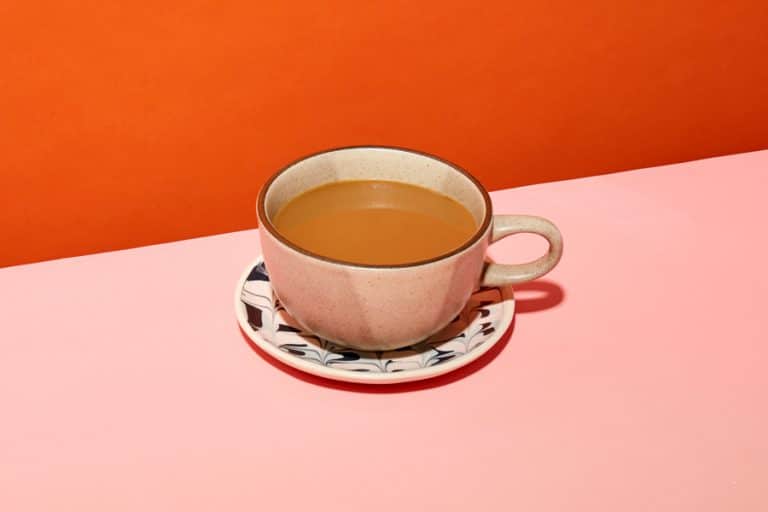New research shows that footballers are more likely to suffer from dementia
Last week, both The Guardian and The Telegraph published a series of articles shining a light on the fact that professional footballers are “three and a half times more likely to suffer from dementia and other serious neurological diseases.” Multiple concussions and repeatedly performing headers on leather footballs are stated to be the main causes of brain disease. But football has been around since the 19th century, and the Alzheimer’s Society has highlighted that 1 in 4 of us will get dementia, so the real question is what is the link between the two, and, if there is one, is anything being done to prevent or cure dementia?
First, let’s make things clear—dementia and Alzheimer’s are not the same thing. Dementia is best described as an umbrella term for a range of progressive neurological disorders, in other words, conditions affecting the brain. There is a wide range of different types of dementia, and Alzheimer’s is the most common as it accounts for two-thirds of instances. The other three most common types are vascular dementia, frontotemporal (FTD), and dementia with Lewy bodies (DLB). Unfortunately, it is not unusual to also have a combination of different types of dementia.
As some may know, the biggest risk factor with Alzheimer’s is age, as it is a progressive disease that contains three stages. However, it is important to consider that each person will experience dementia in their own way, regardless of what type they may have. Scientists have declared that most forms of dementia are not hereditary, but that in rarer types of it there may be a genetic link, although that only accounts for a small proportion of cases.
In 2017, the Alzheimer’s Society published a study examining the possible link between dementia and head injuries sustained by playing football. Studies published within the article detailed that “the brains of sportspeople after they have died have identified that a condition called Chronic Traumatic Encephalopathy (CTE) could be linked to high-collision sports.” The study was revealed to be particularly complicated as a vast amount of the brains that were examined showed signs of more than one form of dementia. Researchers concluded the study by stating that “based on current evidence, the risk arising from contact sports in the development of dementia remains uncertain. If such a link does exist, the contribution of concussion and milder forms of head injury to overall risk is likely to be small.”
Fast-forward two years later, a new 22-month long research study proving otherwise has sparked wide debate among the media. The statement made by the Telegraph proclaimed that for footballers, “there was a five-fold increase in the risk of Alzheimer’s, a four-fold increase in Motor Neurone disease and a two-fold increase in Parkinson’s.” The research also mentions that, “former footballers were almost five times more likely to have been prescribed dementia drugs.” Additionally, it declares that they are unable to confirm if the causes of brain disease have occurred because of concussions or constant heading of footballs. After these results, the Football Association decided to financially back the research and encourage examinations to continue.
The statistics of people living with dementia or Alzheimer’s are rapidly increasing, so many are turning to science for clarification. Progression towards curing cancer looks promising, but for dementia, it is starting to look more than plausible. Scientists have conducted a sequence of tests that have proved successful for delaying the onset of Alzheimer’s.
Social interaction is the most advised by doctors and nurses, as regular engagement has shown to spark brain connections, which can stimulate activity. Mental and physical exercise have also been tested to see if mental encouragement can slow down the Alzheimer’s, as well as slowing down cognitive declination. Both have been proven to be effective. Encouraging a person living with dementia or Alzheimer’s to keep a well-balanced diet is vital to improve their energy, as well as their memory.
Although it is not yet finalised, medical experts are on the verge of a scientific breakthrough. A mere three years ago, Alzheimer’s Research UK announced that plans for a vaccination that would delay the onset effects of Alzheimer’s were entering an early stage of clinical trials. The vaccine aims to halt, slow or reverse the disease in its tracks, and could possibly be life-changing for those who show symptoms of dementia in its early stages.
Dementia Awareness Month may have just passed by, but for families with people living with dementia or Alzheimer’s, awareness should be a daily occurrence, even though the future remains hopeful with a vaccine in sight. For anyone who wishes to improve their knowledge or understanding of dementia, inquiring at your local care home and spending some time with those living with the disorder is a good start.





